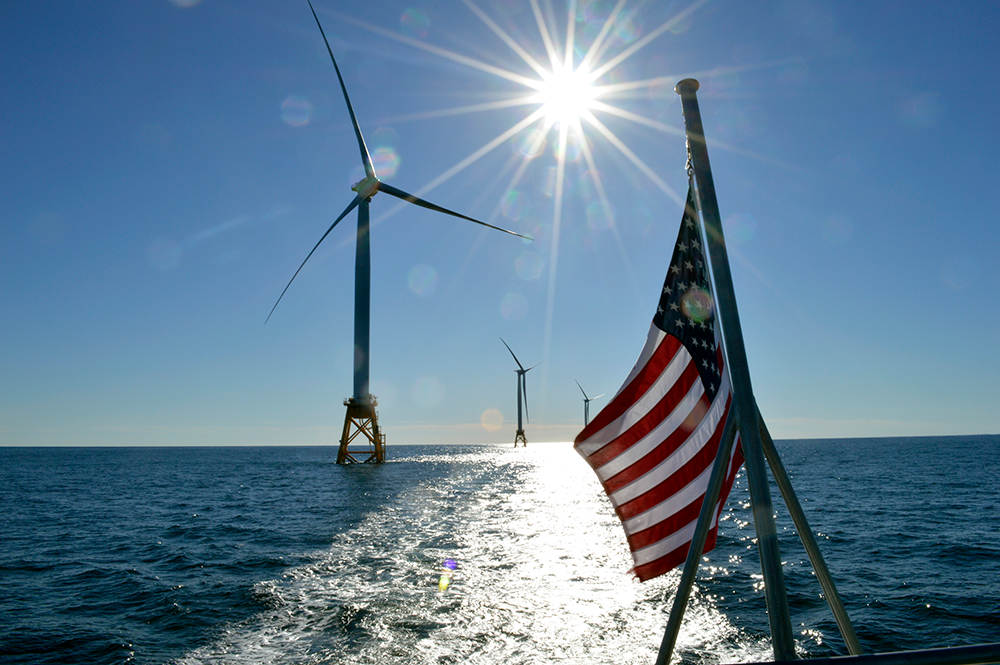The Bureau of Ocean Energy Management (BOEM) oversees development of U.S. offshore renewable energy projects on submerged lands called the Outer Continental Shelf. BOEM has identified two areas on the Outer Continental Shelf of Oregon for potential offshore wind energy development (known as wind energy call areas). BOEM’s responsibilities include determining and evaluating the effects of Outer Continental Shelf activities on natural, historical, and human resources, and the appropriate monitoring and mitigation of those effects. This study is needed by BOEM to describe the opinions and values of Oregon coastal residents to characterize and monitor the complex interactions among society, the environment, and offshore energy development.

Why We Care
Outside of official public engagement forums, preferences about offshore wind energy development generally remain unknown for members of the public. Few studies on offshore wind energy development focus on the relationships among social values, support level, and participation in social action and civic engagement. These gaps in information limit understanding about the effect of offshore wind energy development on coastal communities.
What We Are Doing
This study is focused on the Oregon coast where BOEM is proposing offshore wind energy development. We will conduct a randomly sampled household survey to collect information about residents’ opinions, values, attitudes, and behaviors related to offshore wind energy development. With this information, we will determine how a multitude of social factors influence community support for, or opposition to, offshore wind energy development in Oregon, as well as provide BOEM with information on social action and civic engagement intentions and preferences.
Benefits of Our Work
BOEM will use the results of this study to better understand opinions associated with offshore wind energy development that are representative of the public. BOEM’s decision-making process is subject to detailed environmental review under the National Environmental Policy Act. This study may contribute to the development of environmental assessments or environmental impact statements required for Oregon offshore wind energy development to proceed. The study will also inform marine spatial planning efforts in jurisdictional lands and waters and help constituents understand offshore wind development in these areas.
